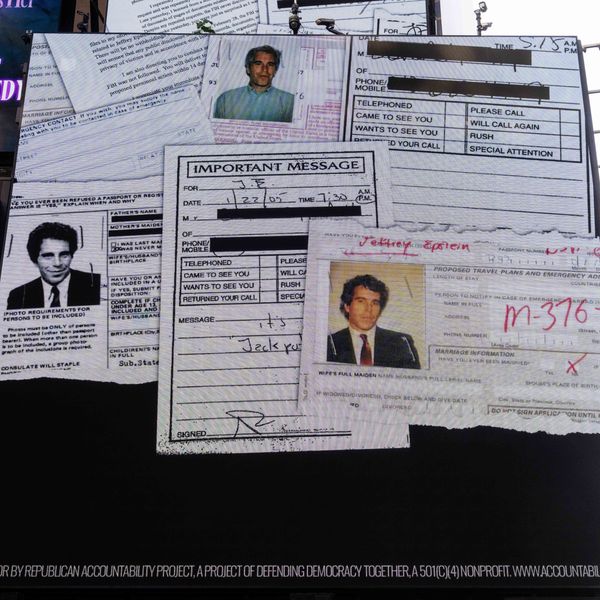Information surrounding the targeted killing of three American citizens by US drones in Yemen will remain secret for now, following a federal court decision to turn down a Freedom of Information Act lawsuit filed by the ACLU.
The information, requested from the Department of Justice by the ACLU, includes a legal memorandum which allegedly gives legal and factual justification for the extrajudicial killings of U.S. citizens Anwar Al-Awlaki and Samir Khan in September 2011, and Al-Awlaki's 16-year-old son Abdulrahman in October 2011. Anwar Al-Awlaki was placed on Obama's executive "Kill List."
"This ruling denies the public access to crucial information about the government's extrajudicial killing of U.S. citizens and also effectively green-lights its practice of making selective and self-serving disclosures," said Jameel Jaffer, ACLU deputy legal director. "As the judge acknowledges, the targeted killing program raises profound questions about the appropriate limits on government power in our constitutional democracy. The public has a right to know more about the circumstances in which the government believes it can lawfully kill people, including U.S. citizens, who are far from any battlefield and have never been charged with a crime."
The ruling, made in the Southern District of New York court, also included the denial of a similar FOIA request made by the New York Times.
The ACLU plans to appeal the decision; however, the D.C. Circuit Court of Appeals is also considering a separate ACLU FOIA lawsuit for other information surrounding the Obama administration's targeted killing program in general, "including its legal basis, scope, and number of civilian casualties caused by drone strikes."
On the killings, the Center for Constitutional Rights explains:
On September 30, 2011, U.S. strikes killed Anwar Al-Aulaqi, along with Samir Khan and three others. Two weeks later, the U.S. launched another drone strike at an open-air restaurant in Yemen, killing Anwar Al-Aulaqi's son, Abdulrahman, and six other civilian bystanders, including another teenager. These killings, undertaken without due process, in circumstances where lethal force was not a last resort to address a specific, concrete and imminent threat, and where the government failed to take required measures to protect bystanders, rises to a violation of the most elementary constitutional right afforded to all U.S. citizens - deprivation of life without due process of law.


